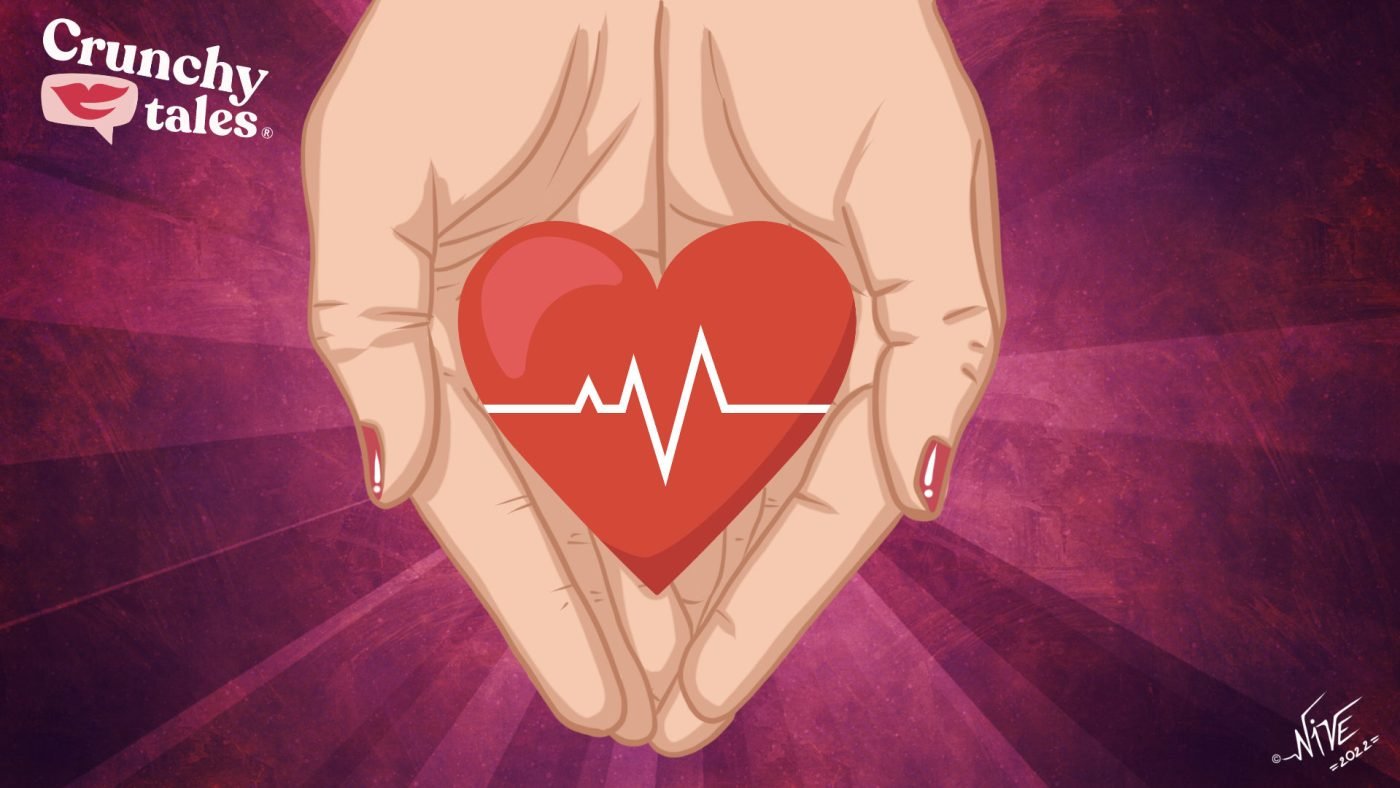Top 5 Lifestyle Changes To Prevent High Cholesterol During Menopause
Did you know that levels of LDL cholesterol can increase during or after menopause? That’s due to a reduction in the body’s levels of estrogen.
High blood cholesterol is a major women’s health issue and according to the Australasian Menopause Society, ladies who enter menopause early are twice as likely to develop heart disease, compared with similarly aged women who have not yet entered menopause.
That’s why it’s important to keep LDL cholesterol levels in a healthy range in midlife because if high, they can contribute to heart disease and other problems, which develop over years.
After menopause, the levels of fats (lipids) in our blood, such as cholesterol, also commonly tend to move in a direction that isn’t ideal – explains internationally acclaimed nutritional biochemist Dr Libby Weaver-. This is due to a variety of biochemical changes that occur post-menopause, one being that you no longer need to convert nearly as much cholesterol into estrogen.
Medications can help but you can also take several steps to prevent or reduce high cholesterol, such as being physically active, having a healthy diet, and maintaining a moderate weight.
Blood lipid increases also tend to occur at this stage as a result of too many poor-quality food choices – continues Dr Libby-. Fat accumulation in the liver can start to disrupt some of the liver’s vital tasks, including those involved in estrogen clearance from the body and blood glucose regulation. Again, regular movement is helpful, as well as supporting the liver by focusing on choosing predominantly whole foods, particularly plenty of plant foods.
If you are approaching menopause or are well into postmenopause, here are the best ways to help your heart and keep your total cholesterol level below 200 mg/dL.
Eat heart-healthy foods
The body’s blood cholesterol level is influenced by several factors, predominantly how much the liver is producing and also how efficiently this organ can help clear cholesterol from the body. The diet contributes about 20 per cent.
A great way to improve your heart health and keep bad cholesterol at bay is by reducing saturated fats intake. You should avoid consuming too much red meat and full-fat dairy products, as well as eliminate trans fats. You can easily spot them by paying attention to what is listed on food labels as “partially hydrogenated vegetable oil“. They’re most often found in processed foods such as potato chips, cakes, cookies, crackers or doughnuts.
Instead, stock your pantry with food rich in omega-3 fatty acids like salmon, mackerel, herring, walnuts and flaxseeds and include whey protein in your diet.
Also, hold back on salt and sweets and increase your soluble fibre daily intakes like oatmeal, kidney beans, Brussels sprouts, apples and pears. Soluble fibre can reduce the absorption of cholesterol into your bloodstream.
Another way of preventing high cholesterol is to maintain a moderate weight, too. Bear in mind that the more you weigh, the harder your heart has to work to give your body nutrients. Keep your body mass index (BMI) and take steps to work toward the “normal” range.
Exercise throughout the week
Your heart is like any other muscle — it needs a workout to stay strong. At the very least, in order to remove bad cholesterol do moderate exercise for 30 minutes a day on most days. You don’t need to go to the gym. Walking, dancing, swimming, bicycling, jogging, yoga, and even gardening or housework are good options.
To stay motivated, consider finding an exercise buddy or joining an exercise group. Also, look for ways to incorporate more activity into your daily routine, such as using the stairs instead of taking the lift or parking farther from your office.
Drink alcohol in moderation
If you drink alcohol, do so in moderation. The British National Health Services (NHS) recommends drinking no more than 14 units of alcohol a week, spread across 3 days or more. That’s around 6 medium (175ml) glasses of wine or 6 pints of 4% beer.
Cutting down on alcohol will help your liver to work better at removing bad cholesterol. It may also improve your heart health in other ways by helping you lose weight and lower your blood pressure.
Too much alcohol can lead to serious health problems, including high blood pressure, heart failure and strokes.
Quit smoking
While age and genetics also play a role in heart disease, a healthy lifestyle goes a long way to keeping your ticker strong at midlife and beyond. Quitting smoking is one of those as tobacco can increase “bad cholesterol” and lowers the good one, escalating your risk of stroke.
If you’re struggling to stop smoking, talking to your health care provider is a great first step.
Reduce stress
High levels of cortisol from chronic or long-term stress can cause high blood cholesterol, along with other heart disease risks.
When you experience stress, your body releases hormones like cortisol and adrenaline. These hormones trigger the body’s stress response, which includes increases in blood pressure, heart rate, body temperature, muscle tension, and other body functions.
Taking the time to relax every day helps to manage stress and to protect the body from the effects of stress. You can choose from a variety of techniques, such as deep breathing, imagery, progressive muscle relaxation, and mindfulness meditation.
To get a little distance from stressful events, you can also immerse yourself in a book, spend time with friends, meditate, give yourself a mini-vacation from thinking of your problems and then return to dealing with them.
Finally, if you have high cholesterol it’s a good idea to get your cholesterol levels tested regularly. The Centers for Disease Control and Prevention (CDC) recommends having cholesterol levels checked at least every 5 years. During and after menopause, a person might consider having this screening more often. If your scores aren’t in the optimal ranges, then it’s time to work on improving them with a healthy lifestyle.
Like this post? Support Us or Sign up to our newsletter to get more articles like this delivered straight to your inbox!






